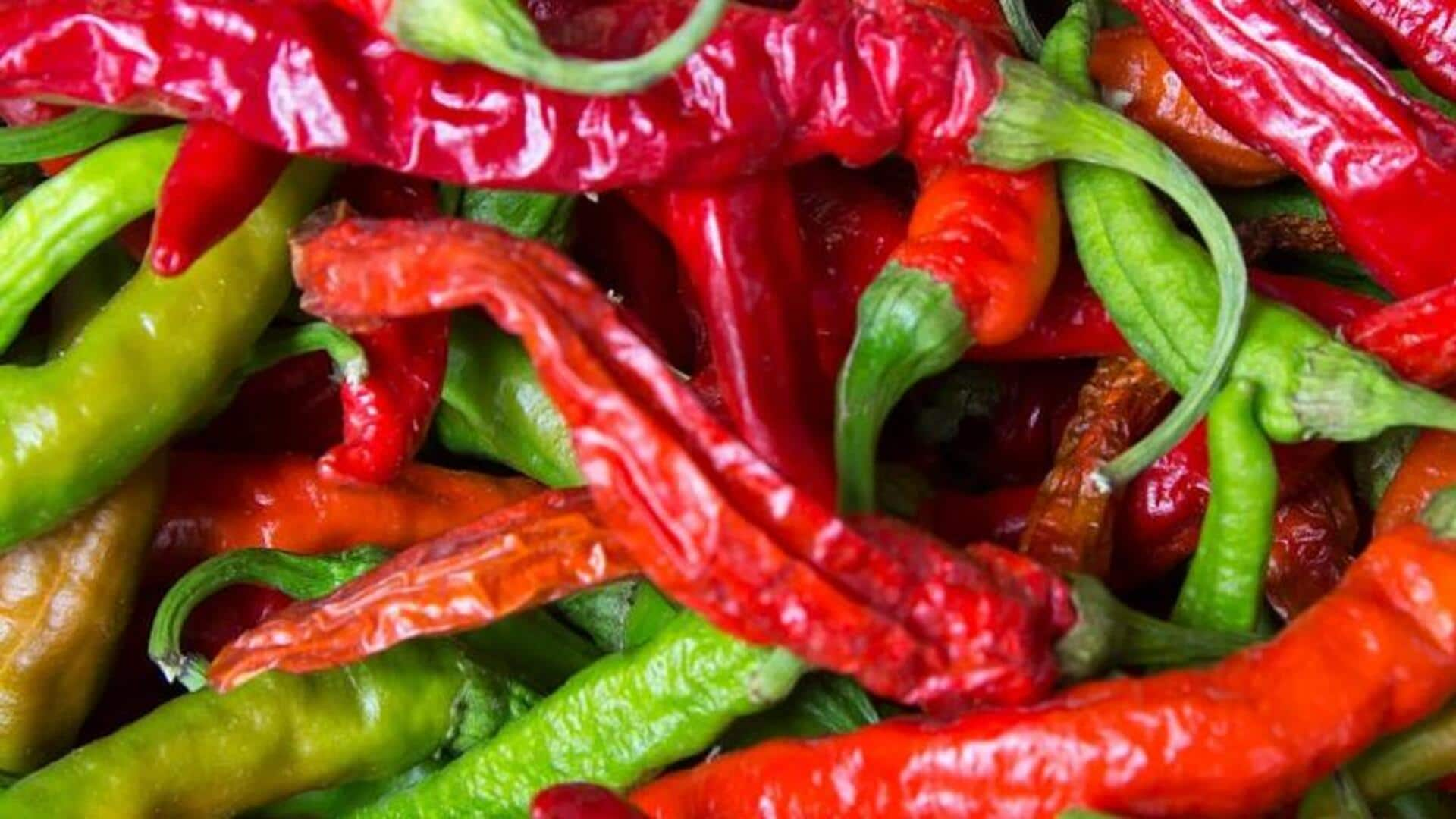
Spicy foods and metabolism: Separating fact from fiction
What's the story
A lot of folks sprinkle a little heat on their grub, thinking it'll fire up their metabolism for weight loss and health gains. This blog post tackles the myths about spicy foods and their supposed metabolic benefits, illuminating the topic with the torch of science. It explains the true influence of spices on metabolism, debunking misconceptions and offering a realistic view of how spicy foods interact with our bodies.
Myth 1
Spices as metabolic boosters: A misconception
The notion that spicy foods dramatically rev up metabolism is a myth. While capsaicin in chili peppers does slightly raise metabolic rate, it's hardly a game-changer. Research indicates this effect is too modest to significantly influence weight loss or metabolic health. Depending solely on spicy foods, without incorporating a balanced diet and exercise, won't provide any meaningful metabolic benefits.
Myth 2
The weight loss miracle myth
A common myth is that eating spicy foods will help you lose weight. While some research indicates capsaicin may have a minor appetite-suppressing effect, this doesn't mean it will lead to a significant reduction in calorie consumption or substantial weight loss over time. Healthy weight loss isn't about relying on spicy foods as a magic bullet, but rather involves a balanced diet and regular exercise.
Myth 3
Capsaicin's role overstated
Capsaicin in chili peppers has some health benefits, including pain relief and potentially heart health. However, these effects are modest within the context of a whole diet. It's a mistake to overemphasize any one food as a health panacea. Spices can add flavor, but they won't significantly rev up your metabolism or melt away pounds. A balanced diet and regular exercise are the cornerstones of metabolic health.